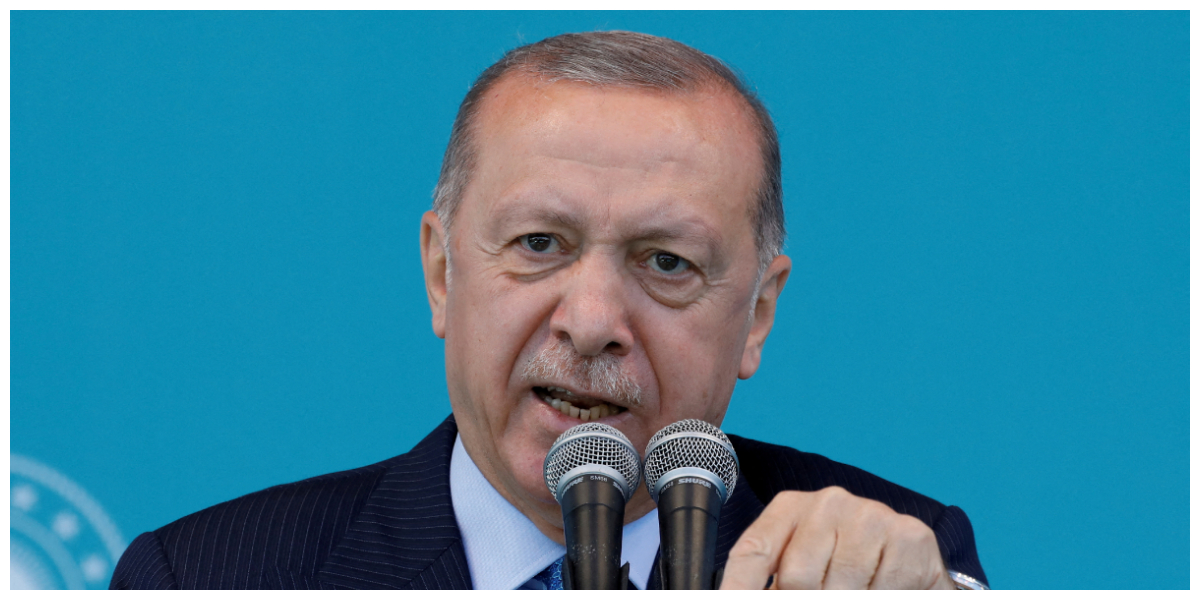- Turkey raises the minimum wage for the second time in a year on Friday.
- The increase in net monthly take-home pay to 5,500 liras ($330).
- The Turkish currency has lost half its value against the dollar in the past 12 months.
Turkey raised the minimum wage for the second time in a year on Friday, hoping to cushion the blow of rising living costs ahead of next year’s general election.
The increase in net monthly take-home pay to 5,500 liras ($330) means that the nominal minimum wage has nearly doubled since last year’s end.
It stood at 2,826 liras in late December and 4,253 liras in January.
But with an official annual inflation rate of 73.5 percent — even higher in big cities such as Istanbul — the increase for the most part only compensates for an erosion in purchasing power already suffered by consumers.
[embedpost slug=”tayyip-erdogan-says-supports-reinstating-death-penalty-in-turkey/”]
The Turkish currency has lost half its value against the dollar in the past 12 months, which has fuelled price rises on imported goods.
Economists warn that substantially raising the pay of a large swathe of the population is an inflationary measure that should be accompanied by interest hikes or other means of limiting spending.
However, Turkish President Recep Tayyip Erdogan rejects conventional economics and believes that rising interest rates cause inflation.
According to official data, more than 40% of Turks earned the minimum wage at the start of the year.
[embedpost slug=”turkey-abandons-its-opposition-to-finland-and-sweden-nato-membership/”]






















